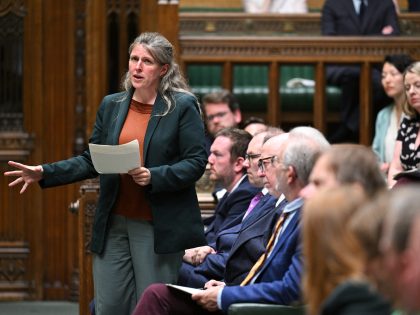
The Labour Suspensions Are Abnormal and Immoral
In suspending four MPs this week for ‘persistent breaches of party discipline’, the Labour government sank to new lows of incompetence and infirmity. In reality, the rebel MPs were guilty of nothing more than being too right, too soon.

















